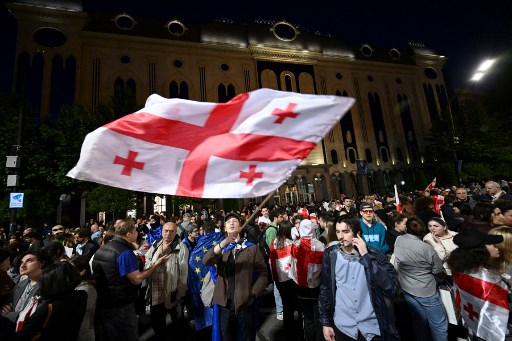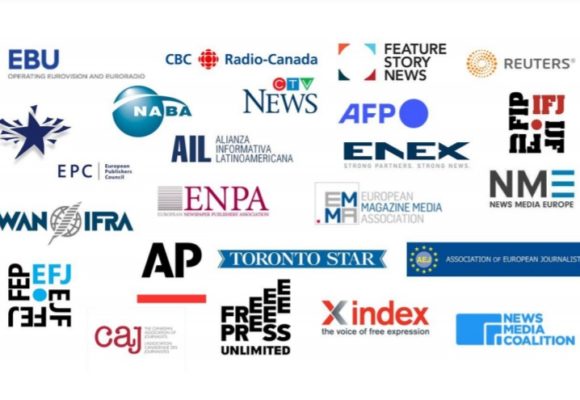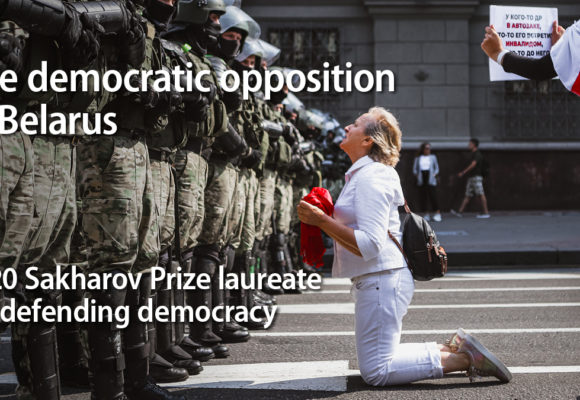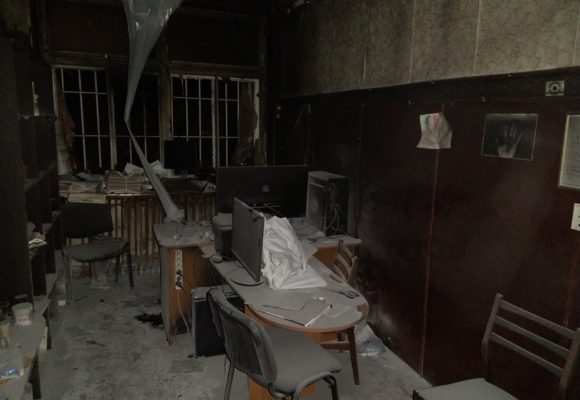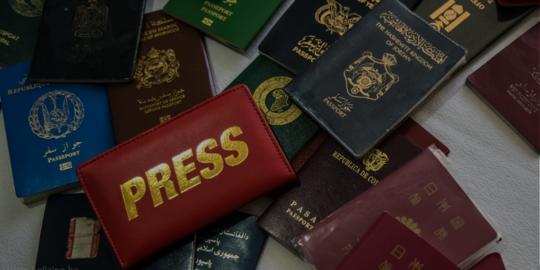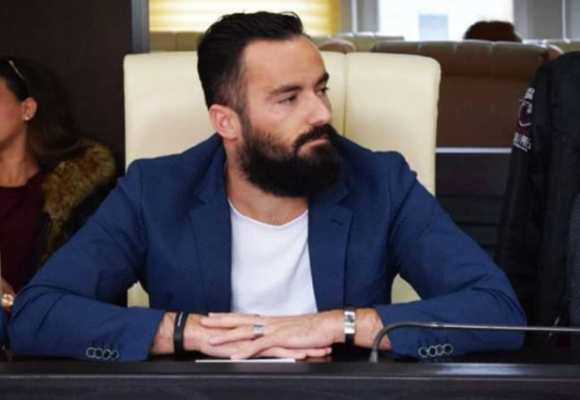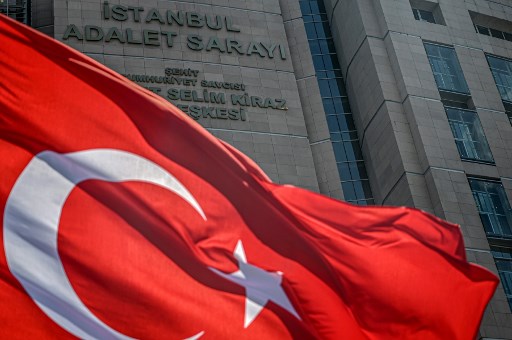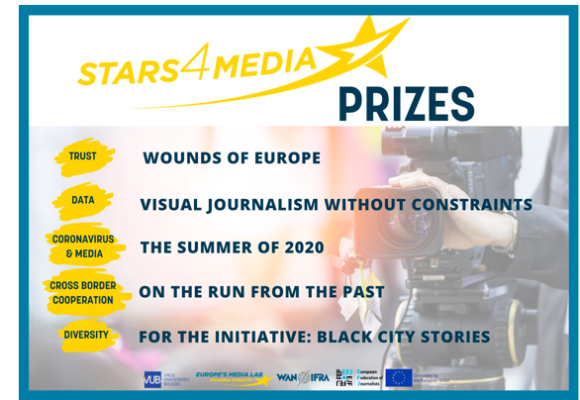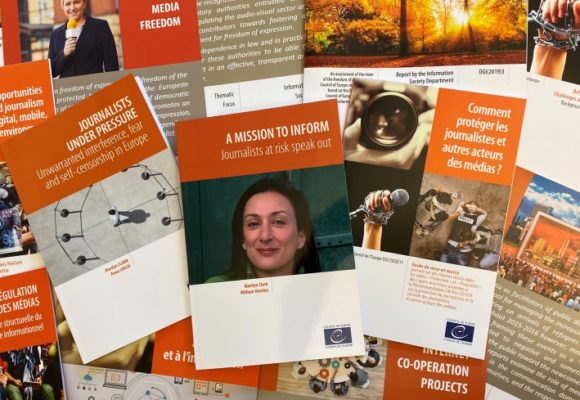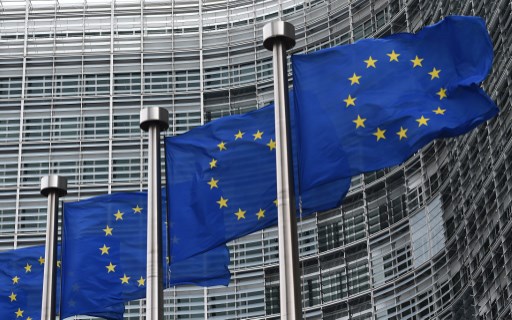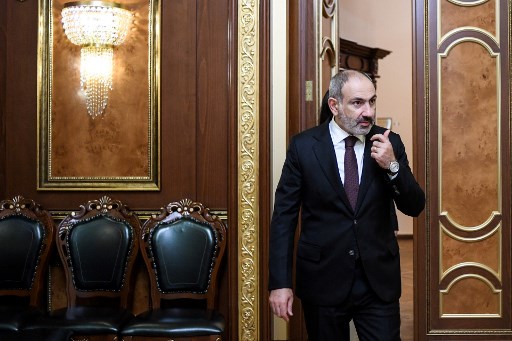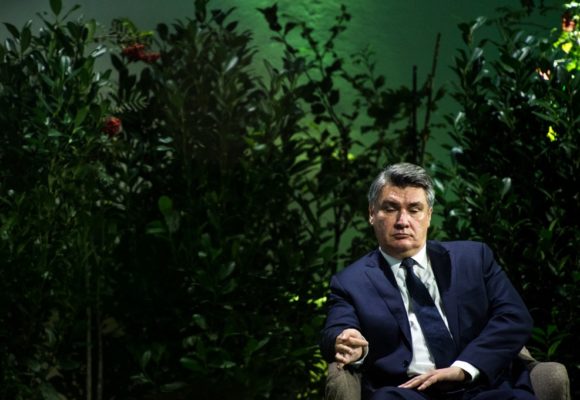Georgia: the Parliament approves a censorship bill
On 17 September, Georgia’s Parliament adopted a legislative package entitled “Family Values and the Protection of Minors.” Among the amendments contrary to press freedom and freedom of expression, the legislation imposes censorship on media by banning broadcasters from freely reporting on LGBT+ issues. The European Federation of Journalists (EFJ) strongly condemns Georgia’s draft law, which aims to seriously endanger the non-discrimination rights of the LGBT+ community in Georgia by censoring broadcasters on topics of the utmost importance. The EFJ calls on the Georgian government to immediately reconsider such a repressive bill and instead uphold freedom of the press and freedom…

